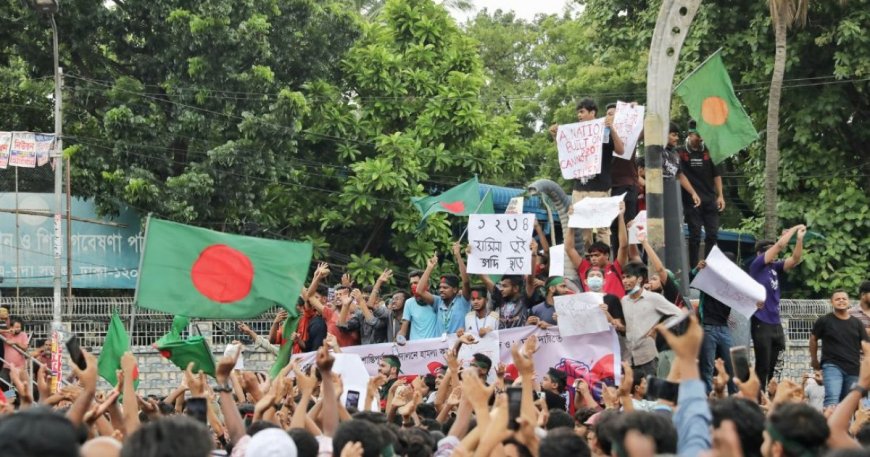Bangladesh experiences a surge in crimes during political transition
- Police Headquarters data indicates a significant rise in violent crimes. - Numerous police officials have gone into hiding, leaving citizens exposed to danger.

The political transition on August 5 last year triggered a significant surge in crime across Bangladesh, raising public alarm. Data from the Police Headquarters shows a sharp rise in violent crimes like murders, robberies, and kidnappings in the four months after the regime change compared to the previous period. Murders rose from 1,158 to 1,361, robberies increased from 416 to 464, and dacoities doubled from 123 to 209. Kidnapping cases also jumped from 168 to 255.
This unrest followed protests that escalated into a student-led uprising at the end of Sheikh Hasina’s tenure. Attacks on 450 of 664 police stations disrupted law enforcement, with many officers going into hiding, leaving citizens vulnerable. However, burglaries and thefts decreased as communities organised local watches.
Experts blame the crime spike on socio-political instability and weakened law enforcement. In response, the interim government introduced increased patrols, surveillance, and community policing. Efforts to dismantle organised crime groups have also seen some success. Still, public concern remains, with calls for reforms to address the root causes of instability and crime.
What's Your Reaction?





















































































